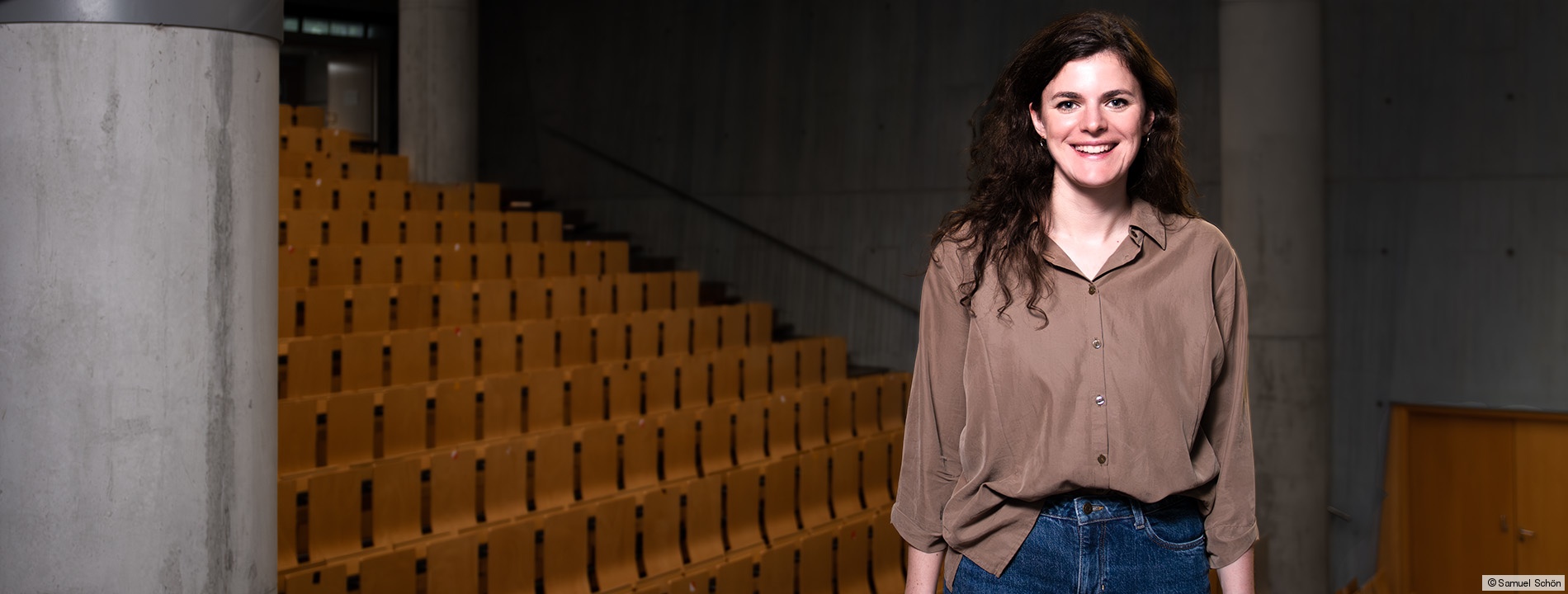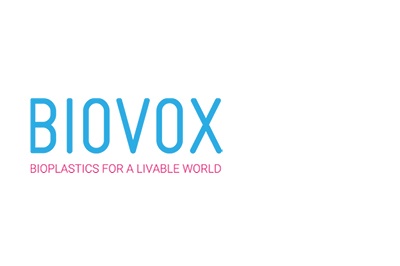Development of sustainability strategies for medical devices through the use of substitute bioplastics
Aging societies and pandemics reinforce the trend to constantly developing innovative therapies. This is accompanied by an increase in the number of treatments, which in turn has an impact on our environment. In German hospitals, for example, 3.6 kilograms of waste are generated per bed and day. Around 36 percent of this consists of conventional plastic. So it is hardly surprising that health care, with a 4.4 percent share of global greenhouse gas emissions, is ahead of global aviation.
High safety standards & patient protection
Hospitals and initiatives around the world are therefore calling for the reduction of medical waste products and the end of the consumption of fossil raw materials. However, manufacturing medical products from alternative materials or even installing reusable systems involves many challenges. High safety standards and the obligation to bear the risk of harm to patients apply to the medical technology industry. Environmentally friendly innovations have a hard time under these conditions.
Bioplastic for a better environment
In her practical doctorate, Maria Heckel researches the usability and behavior of bioplastics in contact with human tissue and shows how they can also be used safely in medicine. With her work she would like to make a contribution to significantly reducing the environmental impact in the health sector.
Practice Partner
"BIOVOX offers sustainable bioplastics for medical technology, for the safety of which comprehensive research and competent, independent employees are essential. With the cooperation, we can benefit in both dimensions and contribute to the Sustainable Development Goals not only with our products, but also within the company. "
Vinzenz Nienhaus, CEO of BIOVOX


